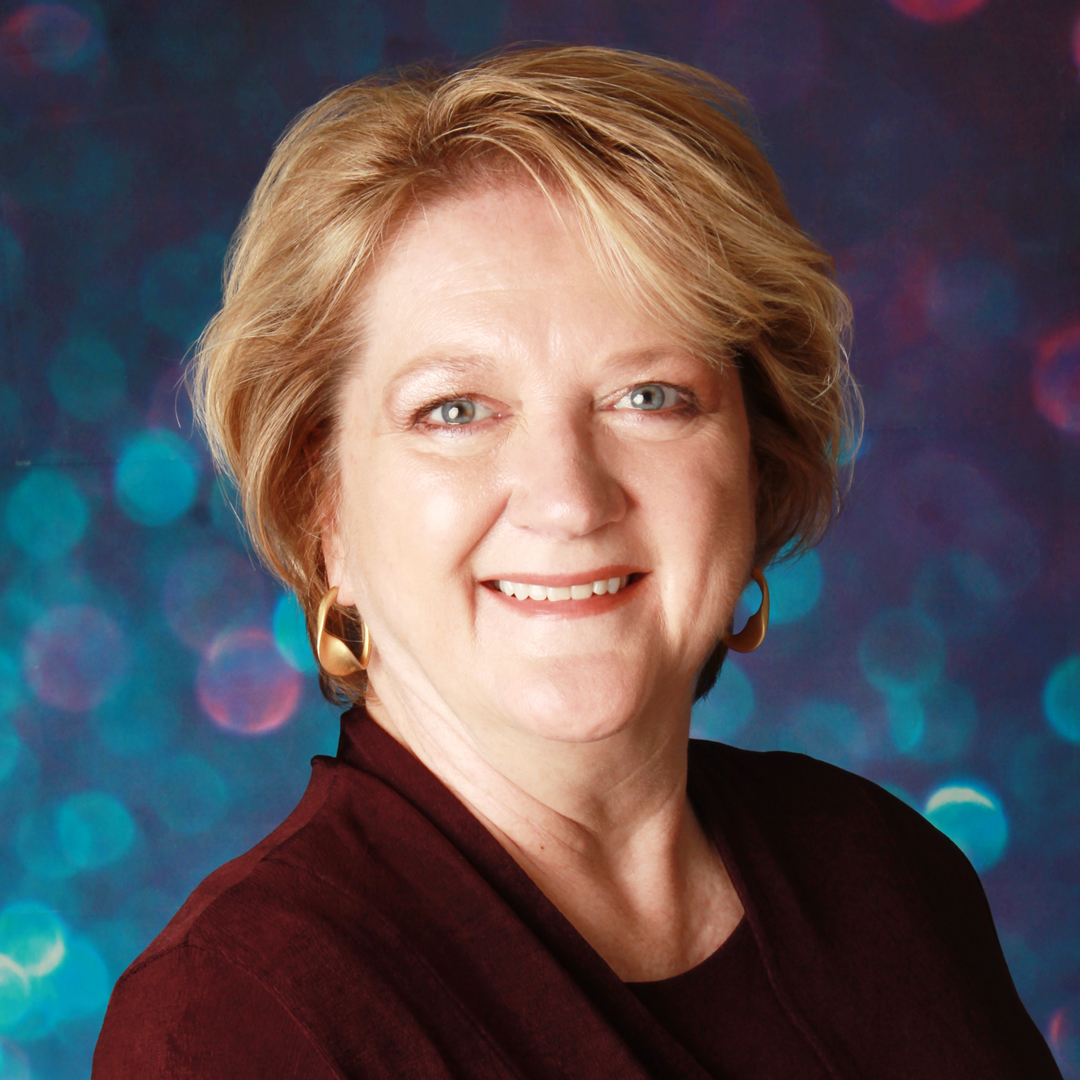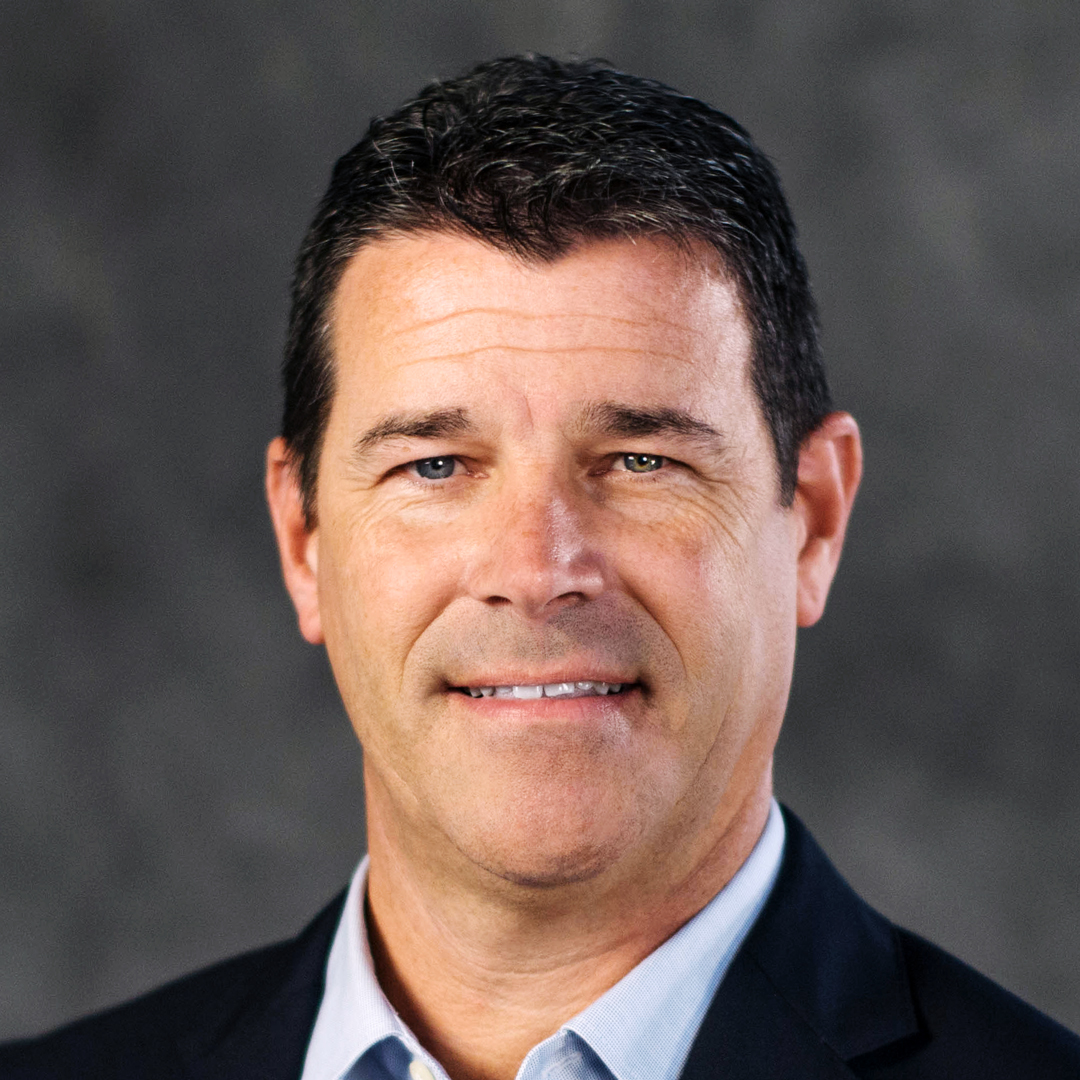The shipping industry, conceptually, might not seem all that different from when it started centuries ago—get goods from one place to another. Yet, it’s as dynamic and fast-moving as any technical field, according to Kevin Beth, controller and assistant treasurer at Hub Group, who says his fifteen years in the company have been years of continuous change.
Headquartered in Oak Brook, Illinois, Hub Group is a leading, world-class supply-chain management company that provides value-added multimodal transportation and logistics solutions by offering reliability, visibility, and value to its customers. Its service offerings include intermodal, truck brokerage, dedicated trucking, managed transportation, freight consolidation, warehousing, international transportation, and other logistics services. Hub operates more than twenty terminal locations from nine office centers. The company is publicly traded but family-led; CEO David Yeager is the founder’s son, and he has two sons and a daughter on the company’s leadership team.
Beth says one unique aspect of Hub Group’s culture is its emphasis on process ownership. Every employee, at any level, is responsible for a project. That ensures team members make consistent investments in the organization’s mission; meanwhile, managers also have to make hands-on contributions.
“No matter what level you are, it’s expected that you own your project and not just delegate,” Beth explains. “It’s really created great teamwork; top to bottom, we’re all in this together and we’re all working toward a common goal.”
Since mid-2017, Beth’s major project has been Hub’s migration to a new ERP (enterprise resource planning) system. It’s the first time he’s run a project that affects all the different teams at Hub Group.
“Not only will this interface with all our transportation systems, but also all of our employees,” he says. “That includes travel and entertainment modules, human capital management, and all of the core operating systems.”
This creates a platform through which Hub Group can continue to grow through acquisitions, a strategy which the board chose to pursue in 2016. Prior to that, Hub had made acquisitions when they were conveniently available; subsequently, a full-time vice president of corporate development was hired to actively pursue the right acquisitions. In July 2017, Hub Group acquired a dedicated trucking service to diversify its product offering in response to customer feedback. In December 2018, Hub acquired CaseStack, the leader in providing warehousing and consolidation services to customers selling into the North American retail market.
The company soon realized it needed to unify and simplify as much as possible to effectively integrate acquired business units.
“We started asking, ‘How are we going to make sure that all of the acquired companies are operating on the same set of rules, the same accounting structure and the same governance?’” Beth says. “In order to do that, we needed a platform that would allow for a sort of plug-and-play environment.”
With consultants from Deloitte, Beth and Hub leadership chose to migrate to Oracle ERP Cloud. This solution helps Hub Group unify procedures while also fulfilling the board’s and management’s goal to reduce hardware ownership and be more efficient.
The scale of Hub’s operations, which initially necessitated the power and flexibility of a cloud solution, also provided the first major challenge.
“It requires a lot of work between our test environment and accounting systems,” Beth notes. “We’re replicating full days into the ERP test environments to make sure that it cannot only handle the volume, but every transaction we see returns the results we were expecting.”
The other major challenge has been the change itself. Hub’s previous accounting solution had been in place since 2000, and many long-tenured employees were both comfortable and effective operating within it. To maintain consistency through the transition, Hub implemented an intentional long-term change management strategy.
“We’ve had an internal resource team sitting in on the demos and testing with us from day one,” Beth says. “We took people that had been in operations a very long time—they’re now responsible for documenting the different touch points.”
Now, the team can distribute the new procedures to associates across the country, while keeping communications up-to-date for new hires or additional changes. Once the new ERP is in place, Beth and Hub leadership will be looking at additional technologies that can improve cash flow, such as artificial intelligence to analyze the client payments.
“This is really going to force the team to be current with the tools we have, understand what tools are available, and how to best use them to achieve business goals,” he says. “I tell my team that the business is our customer and we want to support them as well as we can. In order to do that, we have to be willing and able to change.”

